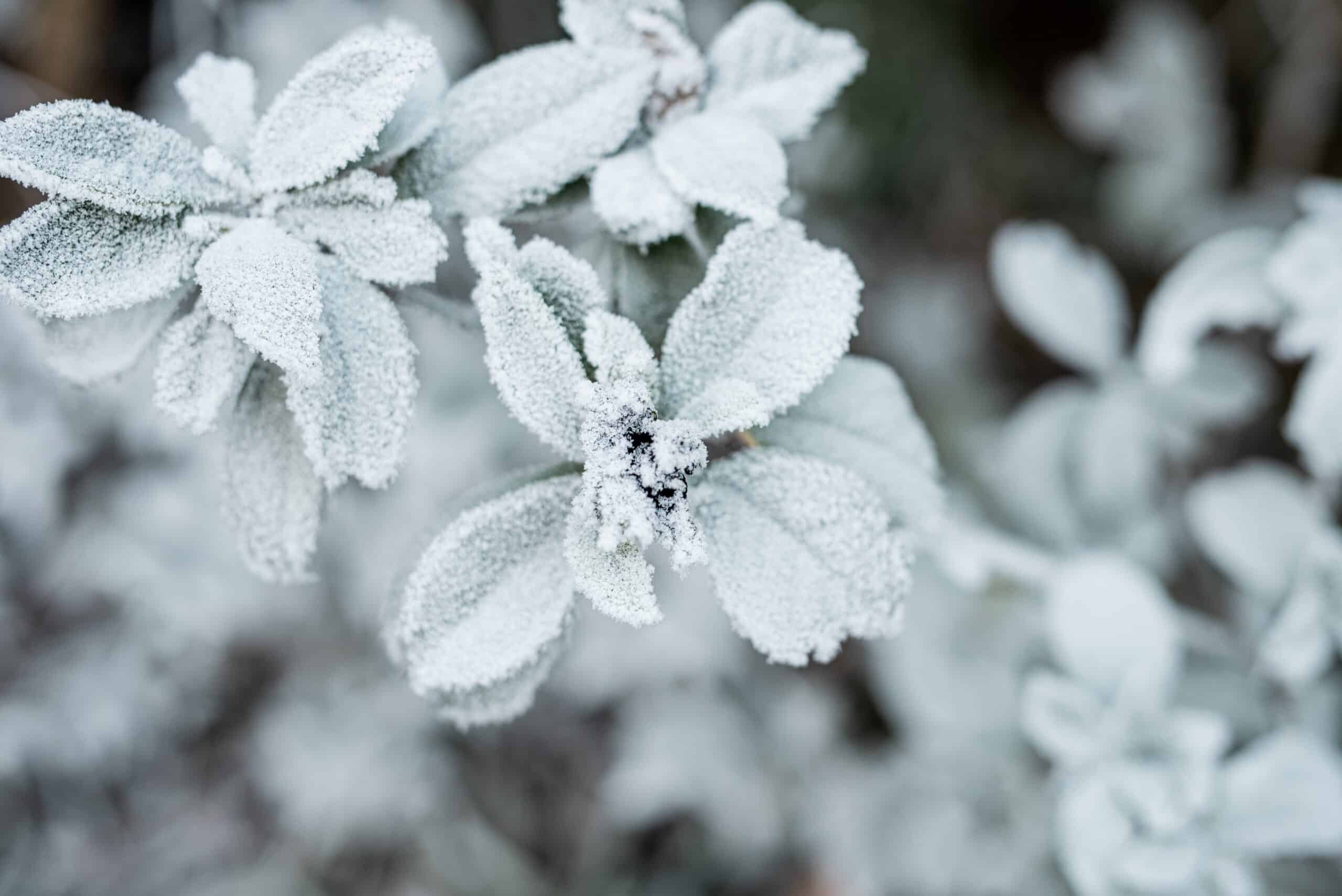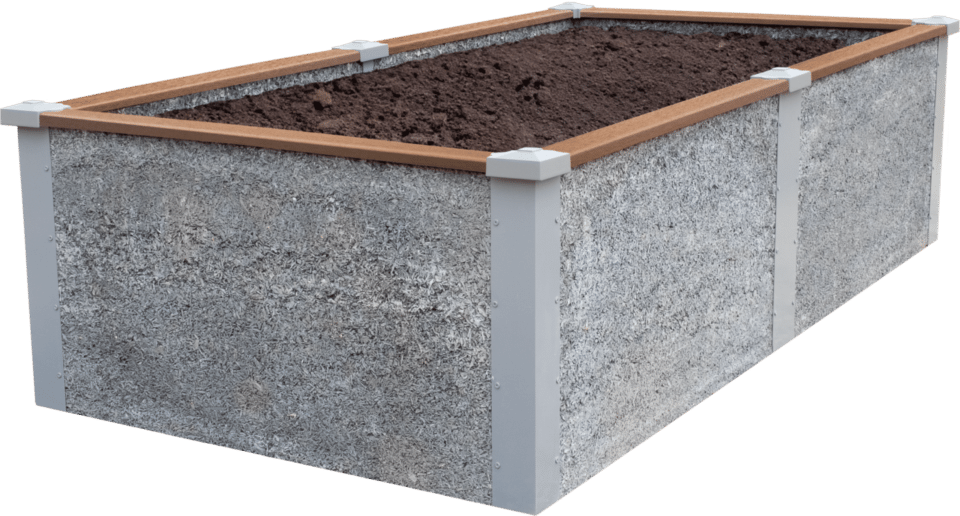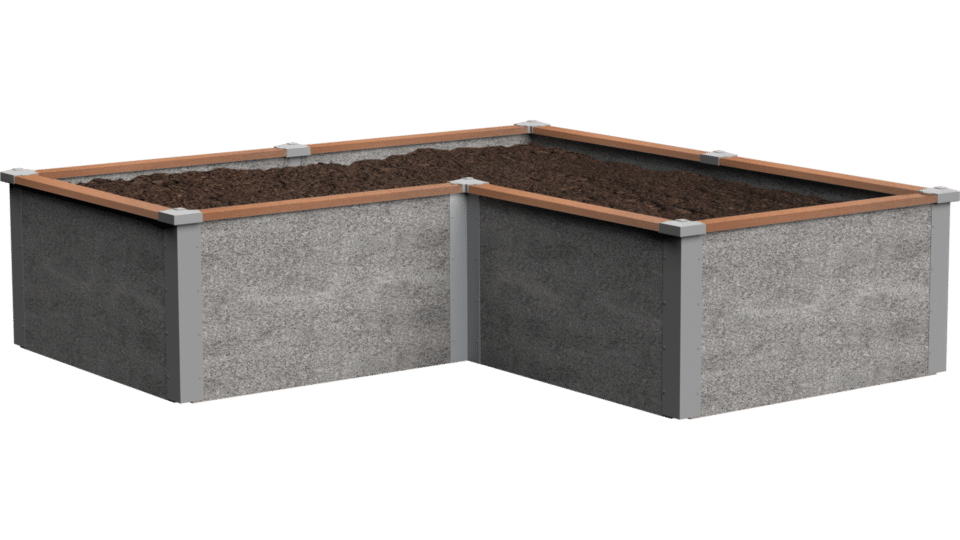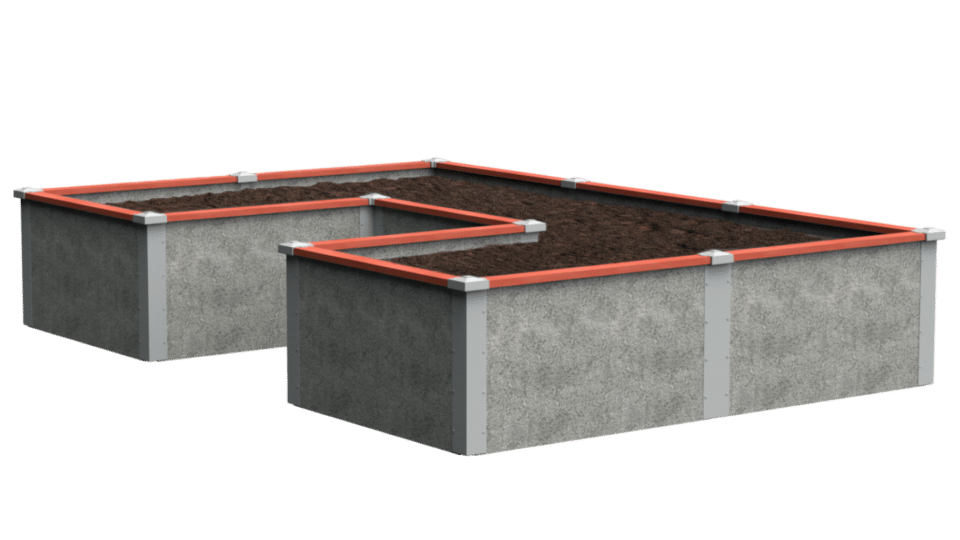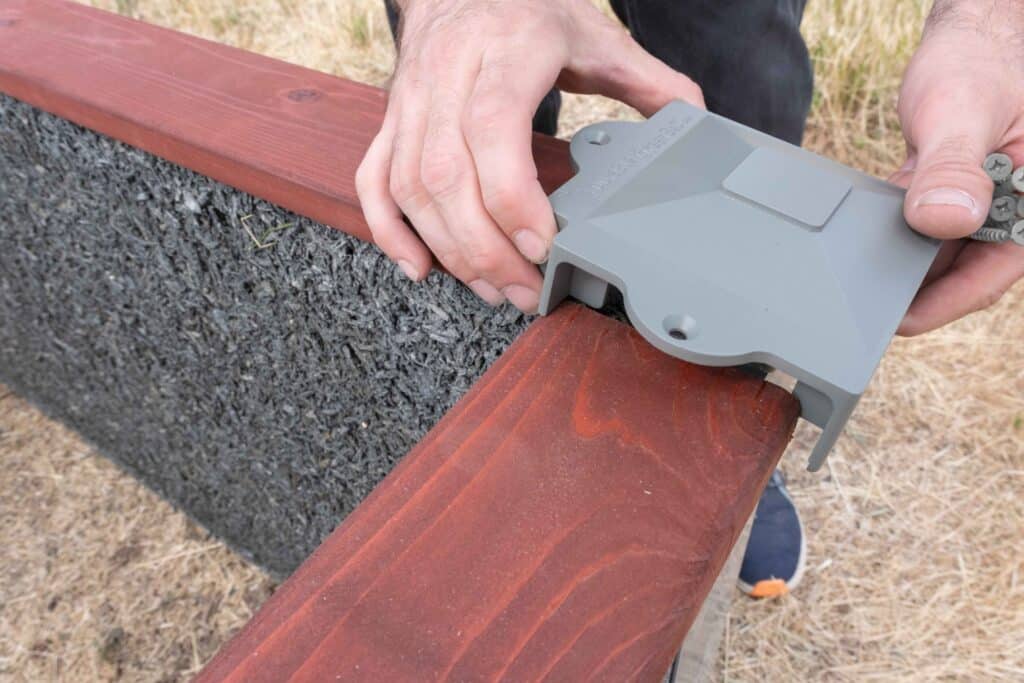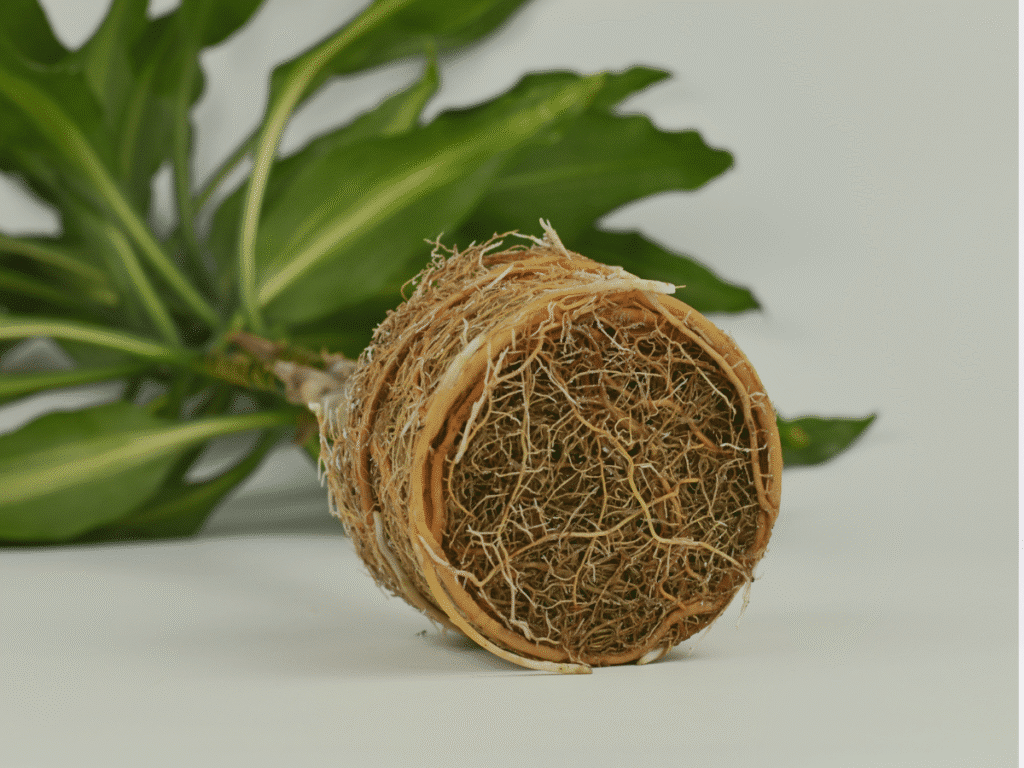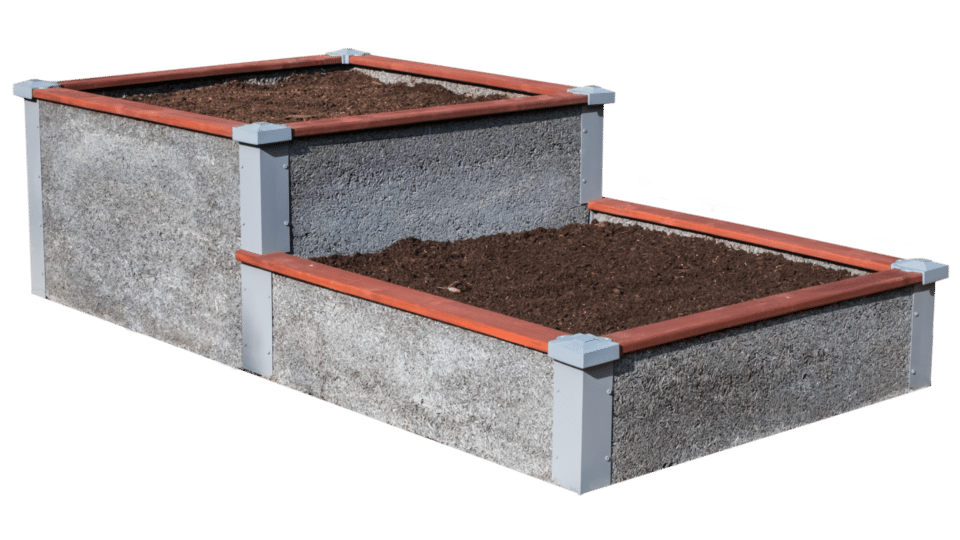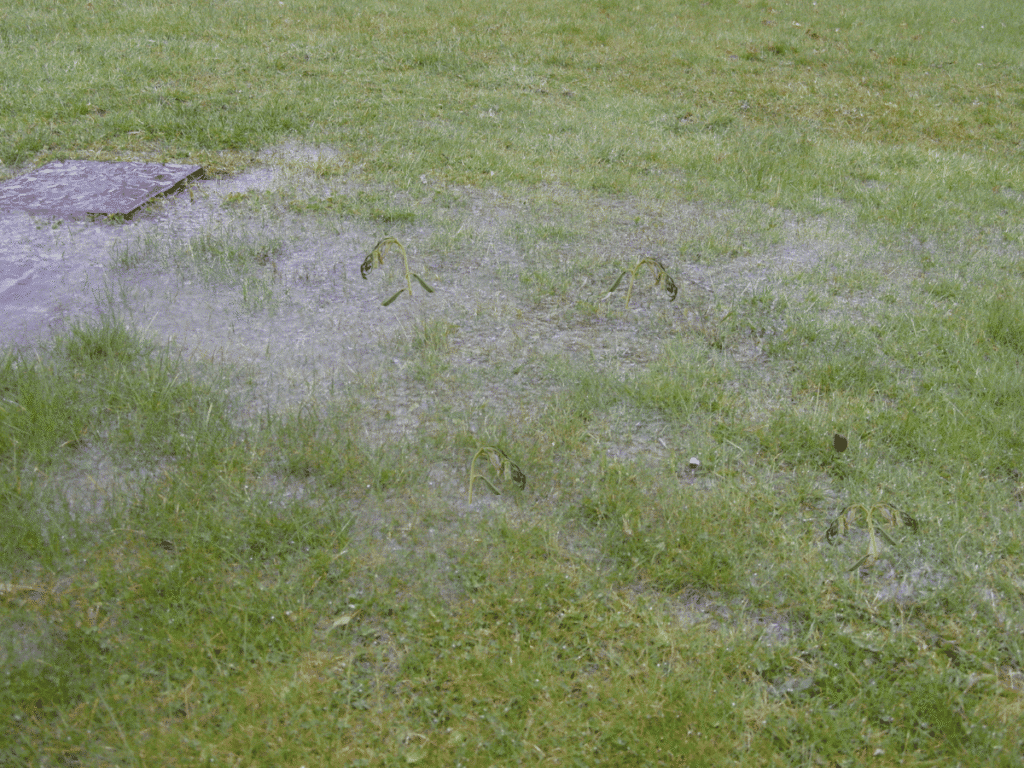
Winter can be a time of preparation and planning for gardeners. While the weather might not allow you to be outside taking care of your plants, there is still plenty of work to be done. As long as you have a can-do attitude and sturdy raised garden beds you can make plenty of progress. In this article we will discuss some of the ways that you can utilize your time this winter to have an even better spring.
Tool Maintenance
The easiest way to keep working on your garden during the winter is to work on maintaining your tools. When was the last time you sharpened your pruning shears? Have you oiled any of your wooden handles in recent memory? When was the last time you cleaned any of your tools for that matter? Don’t worry simple maintenance like this is easy to overlook but it can end up saving you a fortune in the long run. Proper tool maintenance and storage is one easy way to make your life far easier come springtime. Imagine how much more you would be able to get done if you spent some time organizing. Having tools that work and are easy to find can save you lots of time in the garden.
Plan Your Planting
One way to pass the time in the winter is to think about all of the plants you want to grow when the ground is thawed and ready to go again. So why not spend that time planning exactly what you want to plant when you can? A good gardener knows how many seeds they have and thinks about exactly how they want to use them. One way you can stay active in your garden is to plan out exactly what you want to plant and where. You probably already have a good idea of what your garden looks like, but it can be fun to draw up a diagram of your vegetable garden’s raised beds and decide where each plant will be going in the spring. Not to mention, a little pre-planning can save you time and energy when you are able to plant again.
Starting Seeds
Speaking of planting things. It’s getting closer to spring. You can almost feel the sunshine on your skin. You are probably itching to get your hands dirty. The good news is that you can! We all know that spring will be here before you know it and depending on where you live that means you might be able to put some plants in the ground in the next month or so. Some plants have longer germination periods than others. For plants that have longer germination periods or maybe just need a little extra tender love and care while they are young, you can start them inside and transplant them into the garden when they are strong enough and the weather is warmer. Starting seeds can be a fun and easy way to start preparing your garden in the winter.
Examine Your Garden Bed
How is your garden bed looking? The winter is a good time to get in there and examine your bed to prepare for the next season. Do you have nice and sturdy raised garden beds? If your garden beds are made of metal you will want to check for any signs of rust. Rusting can lead to sharp edges. Checking metal garden beds for rust can help to avoid accidental injuries.You also wouldn’t want metals leaching into your soil and potentially harming your plants. Alternatively, if your garden beds are made of wood or other organic material it is important to check for rotting or any other signs of deterioration. Generally, wood garden beds need to be replaced every six years, but that timeframe can vary based on weather conditions. However, if you are here you probably do most of your planting in a Durable GreenBed raised planting bed. Durable Greenbed is known for producing sturdy, no rot raised garden beds. Your Durable GreenBed planting bed should last for 20-25 years, but it never hurts to go outside and admire it.
Prep Your Bed
Finally, the last way to keep gardening during the winter is to prepare your bed. If you have the time and resources you can always do a soil test your pH levels and see what nutrients you have or may be lacking. If you chose not to test your soil there are a few basic ways to give your garden the attention it needs. For starters you should clean out any diseased plants. Next you should add compost to the soil and mix it in to the best of your ability. This will provide nutrients for your plants as they grow. Once you have mixed in your compost you can add a layer of mulch on top. This should prevent weeds from sprouting up while helping your soil to retain its moisture and allowing for the compost to further break down in the soil. Finally, you can cover your garden bed to help protect the soil from any harsh winter weather and to protect it from erosion. Check out our article about preparing your garden for winter for a more in depth guide to preparing your raised garden bed.
There's Nothing Like Durable GreenBeds
It's the Walls!™
- Breathable
- Well Draining
- Higher Yields
- Prevents Slugs and Pests
- Non-Toxic
- 20-25 Year Lifespan
Shop Durable GreenBed Kits
-
Rectangular Raised Garden Bed Kit
$471.00 – $2,085.00Price range: $471.00 through $2,085.00 Select options This product has multiple variants. The options may be chosen on the product page -
L-Shaped Raised Garden Bed Kit
$786.00 – $1,305.00Price range: $786.00 through $1,305.00 Select options This product has multiple variants. The options may be chosen on the product page -
U-Shaped Raised Garden Bed Kit
$1,199.00 – $2,446.00Price range: $1,199.00 through $2,446.00 Select options This product has multiple variants. The options may be chosen on the product page
Shop Durable GreenBed Raised Garden Bed kits
-
Rectangular Raised Garden Bed Kit
$471.00 – $2,085.00Price range: $471.00 through $2,085.00 Select options This product has multiple variants. The options may be chosen on the product page -
L-Shaped Raised Garden Bed Kit
$786.00 – $1,305.00Price range: $786.00 through $1,305.00 Select options This product has multiple variants. The options may be chosen on the product page -
4’x8’ Stepped Raised Garden Bed Kit
$865.00 – $1,073.00Price range: $865.00 through $1,073.00 Select options This product has multiple variants. The options may be chosen on the product page -
U-Shaped Raised Garden Bed Kit
$1,199.00 – $2,446.00Price range: $1,199.00 through $2,446.00 Select options This product has multiple variants. The options may be chosen on the product page

